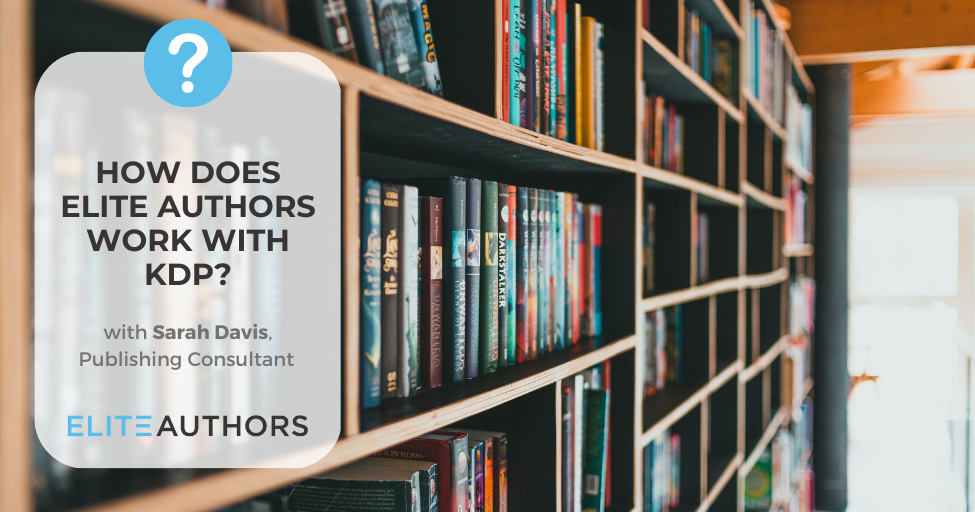
Elite Answers: What is Kindle Direct Publishing?
February 1, 2023
Elite Answers: How does Elite Authors work with KDP?
February 10, 2023The Importance of Setting in Your Story
As an author, you want to write a book or story that your readers can really lose themselves in. Thanks to your creative writing and mind mapping skills, they can picture the world your characters exist in. This is largely thanks to the importance of the setting of your story!
What is setting?
Setting is the environment in which your story takes place. It helps develop your style and theme and can hint at your story’s rising action, foreshadowing, and your denouement or resolution. Writing a book isn’t easy. However, as one of the most important elements of your book or story, it’s crucial that you focus on creating a vivid and intriguing setting.
The importance of setting
Your story’s setting isn’t just the place where your story happens. It encompasses the environment, time period, and even social climate. Because it provides a sense of place and shapes the mood, think of your setting as the foundation of your story. Every day that you write, try to add a little more detail to your setting!
How does the setting provide a sense of place?
A good setting provides the reader with context. It establishes where and when the story takes place and sets the scene for the events to come. The setting can be a real place or a fictional one—just be sure to describe it in enough detail that your reader can visualize it! The setting can also provide symbolism and foreshadowing, hinting at any events that will take place later and setting the mood for the story as a whole.
How does the setting shape the mood?
Setting can also play a big role in shaping the mood of the story. For example, a dark and gloomy setting can create a sense of unease and tension, while a sunny and cheerful setting can create a sense of peace and happiness.
Additionally, your setting can affect your story’s pacing. A relaxed setting slows down the rising action, while a fast-paced and action-packed setting can speed it up. The pacing is one of many ways that your setting affects your characters.
How does the setting affect characters?
In a lot of literature, characters are shaped by their surroundings. For example, a character living in a small town may have a different personality and set of experiences than a character in a big city. Your setting can also reveal important details about the characters, such as their background or occupation.
In other words, your setting can reveal plot details like your story’s overall theme and even some foreshadowing!
How does the setting reveal important plot details?
Depending on your writing style, your setting can provide clues about the denouement and resolution of the story. You might create a setting that’s symbolic of a character’s inner turmoil and can hint at the character’s eventual triumph or defeat. Additionally, your setting can reveal important details about the story’s style by using symbolism or point of view.
If you hint at plot details, be subtle! A great story keeps the reader engrossed to the very end.
Focus on your setting—and create a great story!
Setting is an essential element in every book and story. So spend some serious time on creating a vivid setting that your readers will want to dive into! If you need a little help, Elite Authors has you covered.
Visit our website to learn about our publishing services. We’ll help you create a memorable, meaningful, and beautiful book!



